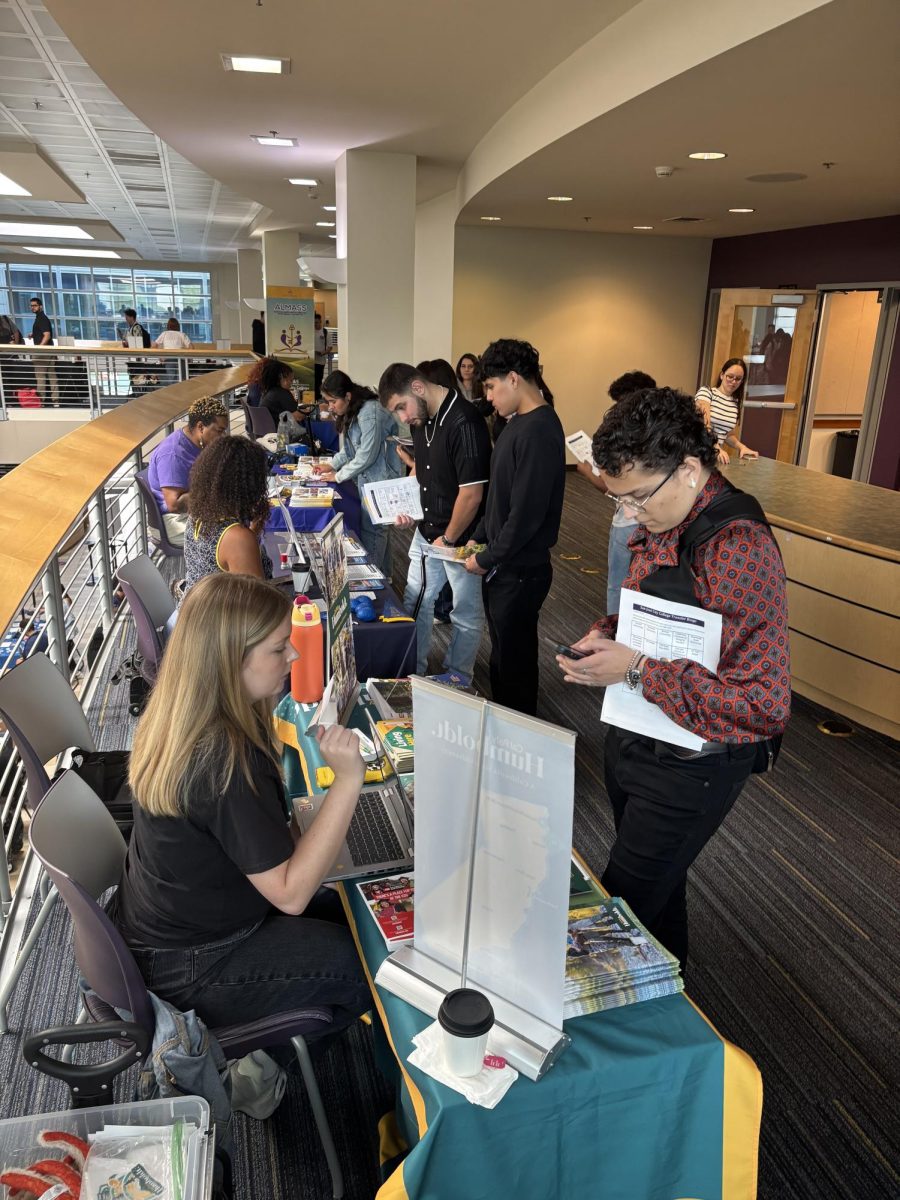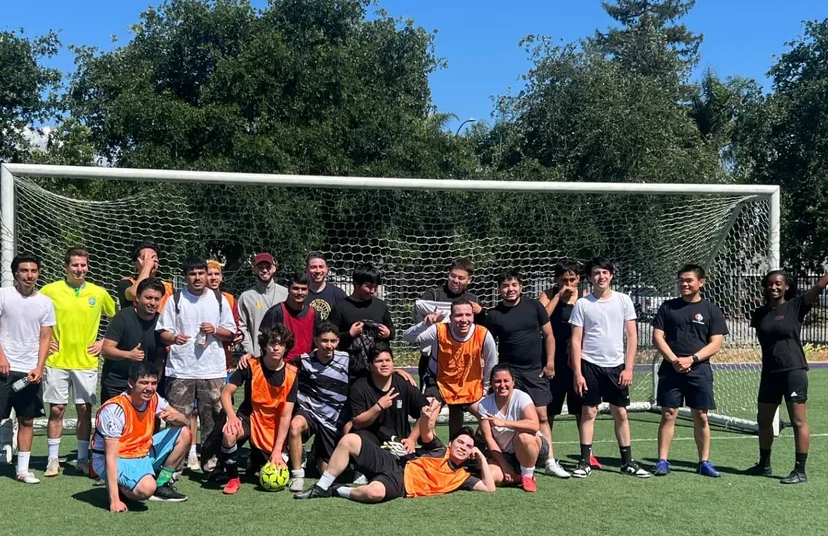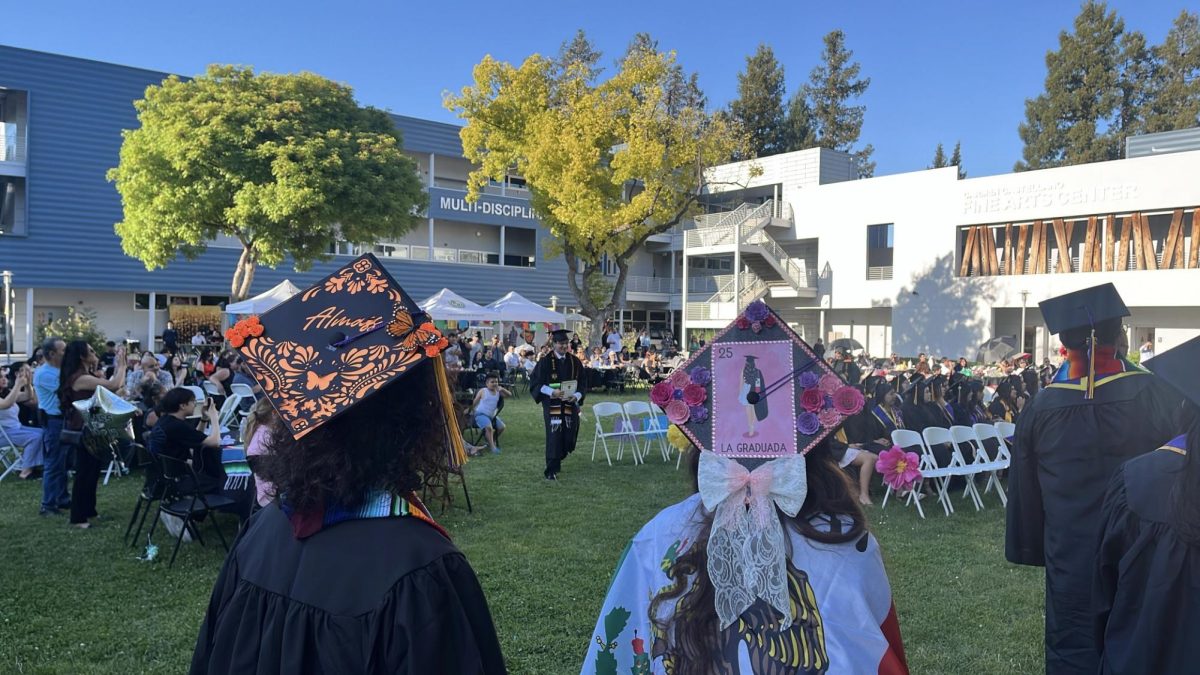Many veterans faced with challenges
Bullets and bloodshed are two dangers associated with combat, however many who serve their country will face another type of battle upon returning home.
“They come with different issues, such as PTSD (post-traumatic stress disorder). There are higher rates of homelessness, suicide, addiction and unemployment,” said Gary Ledesma, San Jose City College veterans and general counselor. “We want to be more active and help them transition a little easier.”
Ledesma, said that San Jose City College currently has about 250 veteran students.
He added that the college wants to provide more support for veterans and will soon debut a new veterans resource website and club.
SJCC will also hold its first Veteran Celebration Day and Resource Fair on Nov. 2 in the student center quad.
One issue facing veterans is PTSD, defined by the Department of Veteran Affairs as “an anxiety disorder that can occur after you have been through a traumatic event.”
According to the VA website, one sample study showed a 13.8 percent prevalence of PTSD among veterans of the most current conflicts in Iraq and Afghanistan.
Symptoms such as angry outbursts, anxiety, depression and flashbacks may make it hard to complete daily tasks, according to the National Institute of Mental Health.
Factors such as PTSD and an 11.5 percent unemployment rate for those who served post 9/11, according to the Bureau of Labor Statistics, have put veterans in danger of homelessness.
The National Coalition for Homeless Veterans states that as of mid-2010, the VA estimates that there are 3,700 veterans who served in Iraq and Afghanistan in its homeless-outreach programs.
Pete Dougherty, associate executive director of the Homeless Veteran Initiative Office, said that government and community programs are making headway in helping veterans.
“The steps we are now undertaking to provide Veterans and their families who are at risk of homelessness, I believe, will significantly assist in both preventing homelessness and rapidly ending it in ways that simply were not available in the past,” said Dougherty. “Homelessness among veterans is a major problem but one with federal, state, local and community engagement, particularly by friends and acquaintances of veterans, can and will be addressed.”
Russell Clark, 30, media arts major and veteran Marine, said that the transition was difficult when he returned from deployment in Iraq in 2003.
“It felt strange being back in the civilian world when you always have your guard up,” Clark said. “Not just that, but having the freedom to do whatever I wanted to do, I was constantly working when I was deployed and had to adjust when I returned home.”
Clark said that the support from his friends, family and his adopted family of fellow Marines, was a key element to helping him readjust to civilian life.
“It’s pretty interesting considering I knew some of my Marines for only three to six months but consider them brothers,” Clark said. ‘I think that way because we spent pretty much 24 hours a day, seven days a week together. It is much easier to relate to them as well because we have had similar experiences.”
Clark said that he and people he knows have experienced challenges and strong feelings after coming back to the United States.
“I think the United States should keep in contact with all vets due to the sacrifice that has been made physically and psychologically,” Clark said. “I personally believe there is no excuse for a vet not to receive assistance with whatever issue they are having. Especially homelessness, I’m very sad to see that.”






